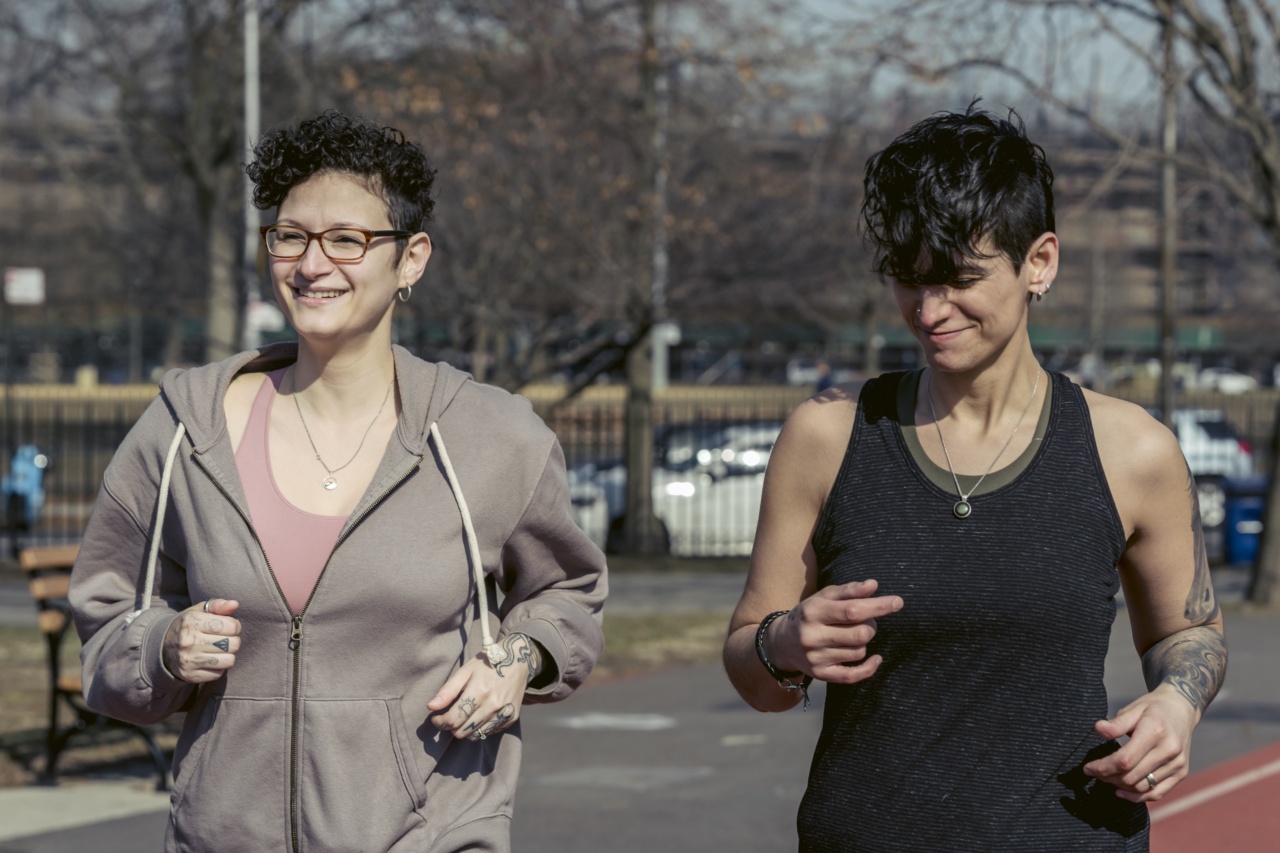Going through the loss of a partner is an incredibly difficult and heart-wrenching experience. The journey of widowhood comes with its own unique set of challenges, both emotionally and physically.
However, it is important to remember that despite these difficulties, good health is still attainable in the long run. By taking care of oneself both mentally and physically, widowed individuals can build a foundation of wellness that will sustain them as they navigate this new chapter of their lives.
Maintaining a Healthy Lifestyle
A crucial aspect of achieving and sustaining good health as a widow is the adoption of a healthy lifestyle. This encompasses several key areas:.
1. Nutrition
Proper nutrition plays a vital role in overall health and well-being. After the loss of a spouse, it is not uncommon for widows to experience a loss of appetite or an inclination towards unhealthy eating habits.
However, it is essential to prioritize a balanced diet rich in fruits, vegetables, whole grains, and lean proteins. Eating well can provide the body with the necessary nutrients to boost the immune system, enhance energy levels, and promote overall well-being.
2. Exercise
Engaging in regular physical activity is another crucial component of a healthy lifestyle. Exercise not only improves physical fitness but also releases endorphins, which can help alleviate feelings of sadness or grief.
Whether it’s going for a walk, joining a fitness class, or pursuing a favorite sport, incorporating exercise into one’s routine can have a profound positive impact on both physical and mental health.
3. Sleep
Sleep is often overlooked when it comes to maintaining good health, but it is essential for the body’s overall functioning. Widowhood can bring about disrupted sleep patterns due to emotional distress or anxiety.
However, establishing a regular sleep schedule and engaging in relaxation techniques before bed can greatly improve the quality and duration of sleep. Prioritizing restful sleep allows the body to repair and rejuvenate, contributing to better overall health in the long run.
4. Social Connections
Loneliness and isolation are common challenges faced by widowed individuals. However, maintaining social connections and engaging in meaningful interactions is vital for mental and emotional well-being.
Building a support network of friends, family, or participating in support groups can provide a sense of belonging, reduce stress levels, and foster a positive outlook on life.
5. Mental Health
The loss of a spouse can take a toll on mental health, leading to feelings of anxiety, depression, or grief. It is crucial to prioritize one’s mental well-being and seek professional help if necessary.
Engaging in activities such as meditation, counseling, or therapy can assist in processing emotions and developing effective coping mechanisms.
Building Resilience
Developing resilience is essential for widows as they navigate the challenges of widowhood while striving for good health in the long run.
1. Acceptance and Self-Compassion
Coming to terms with the loss of a partner is a personal and unique journey for every widow. Acceptance does not mean forgetting or moving on completely; it means acknowledging the new reality and allowing oneself to grieve without guilt.
Practicing self-compassion during this process is crucial, as it enables widows to be kind to themselves and accept that healing takes time.
2. Setting Realistic Goals
Setting achievable goals is essential for maintaining motivation and a sense of purpose. Widows should identify what they want to achieve in terms of their health and wellness and break down their goals into manageable steps.
By making incremental progress, they can build confidence and maintain a positive mindset.
3. Embracing New Interests
Widowhood often presents an opportunity for self-discovery and the exploration of new interests. Widows can embrace this phase by pursuing hobbies, engaging in community activities, or learning something new.
Cultivating a sense of fulfillment and purpose through these endeavors can contribute greatly to overall well-being.
4. Seeking Support
Receiving support from others who have experienced similar journeys is invaluable.
Joining support groups or online communities specifically for widows can provide a safe space for sharing emotions, exchanging advice, and finding comfort in the presence of individuals who can truly empathize with their circumstances.
Accepting and Nurturing Love in the Future
While the pain of losing a spouse may feel insurmountable, it is important for widows to remember that love can be found again.
When the time feels right, opening up to the possibility of embracing love and connection can bring immense joy and happiness.
Conclusion
Although widowhood is undoubtedly a challenging journey, maintaining good health in the long run is achievable.
By adopting a healthy lifestyle, building resilience, and being open to love in the future, widows can navigate this chapter with strength, grace, and an unwavering commitment to their well-being.































